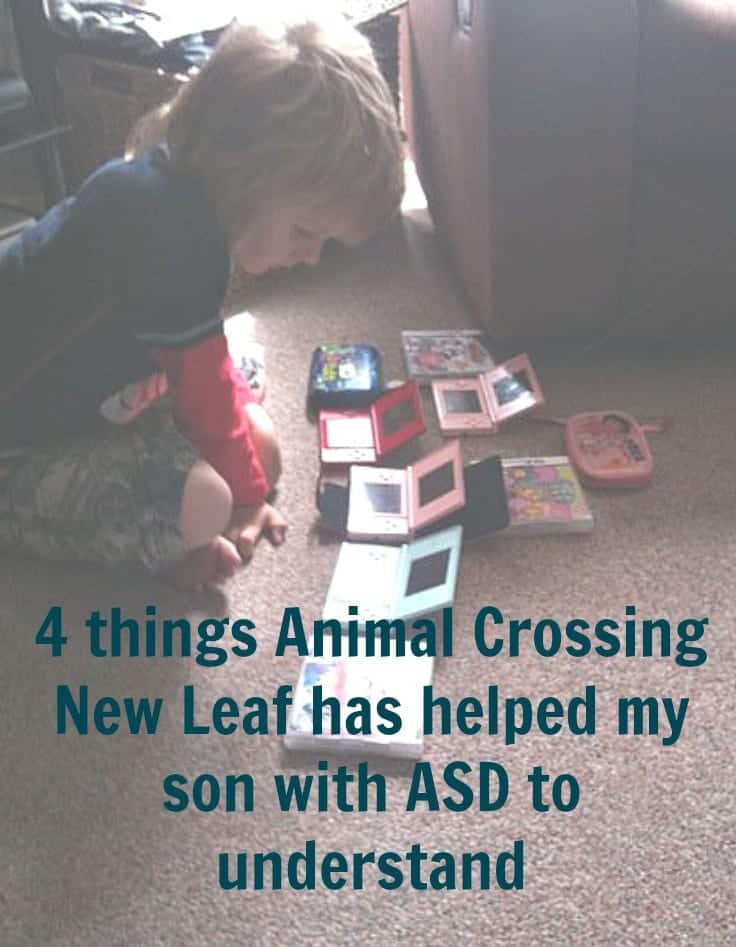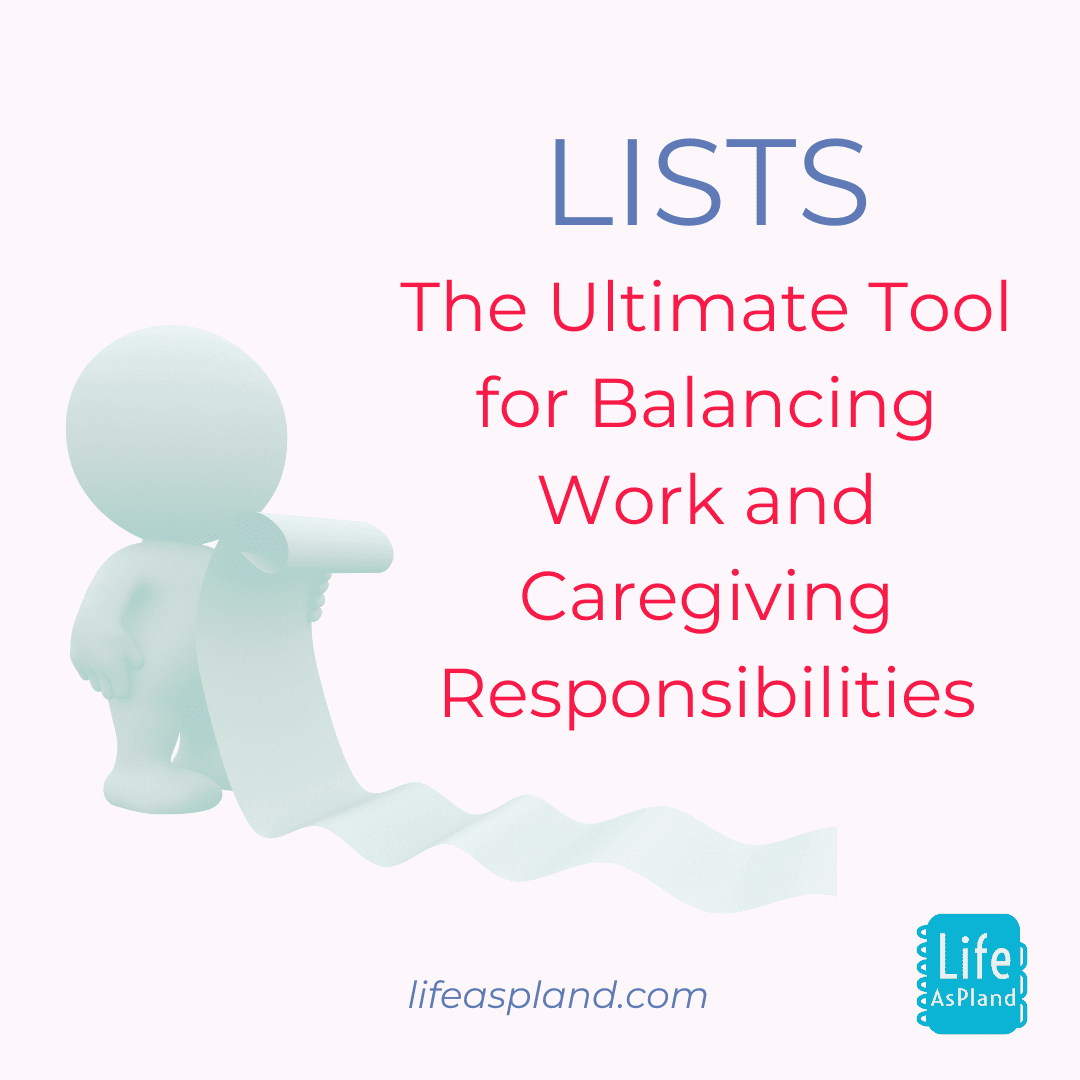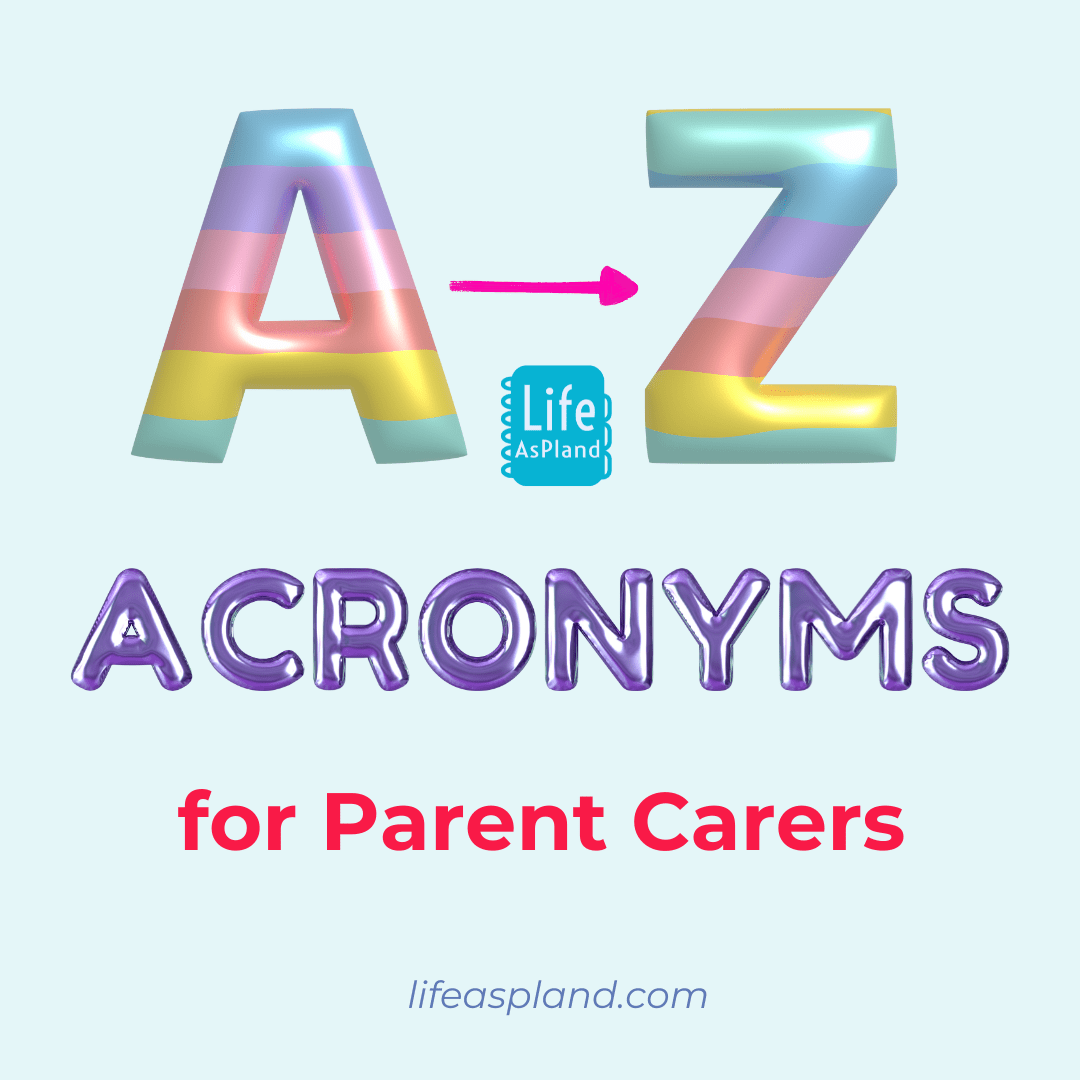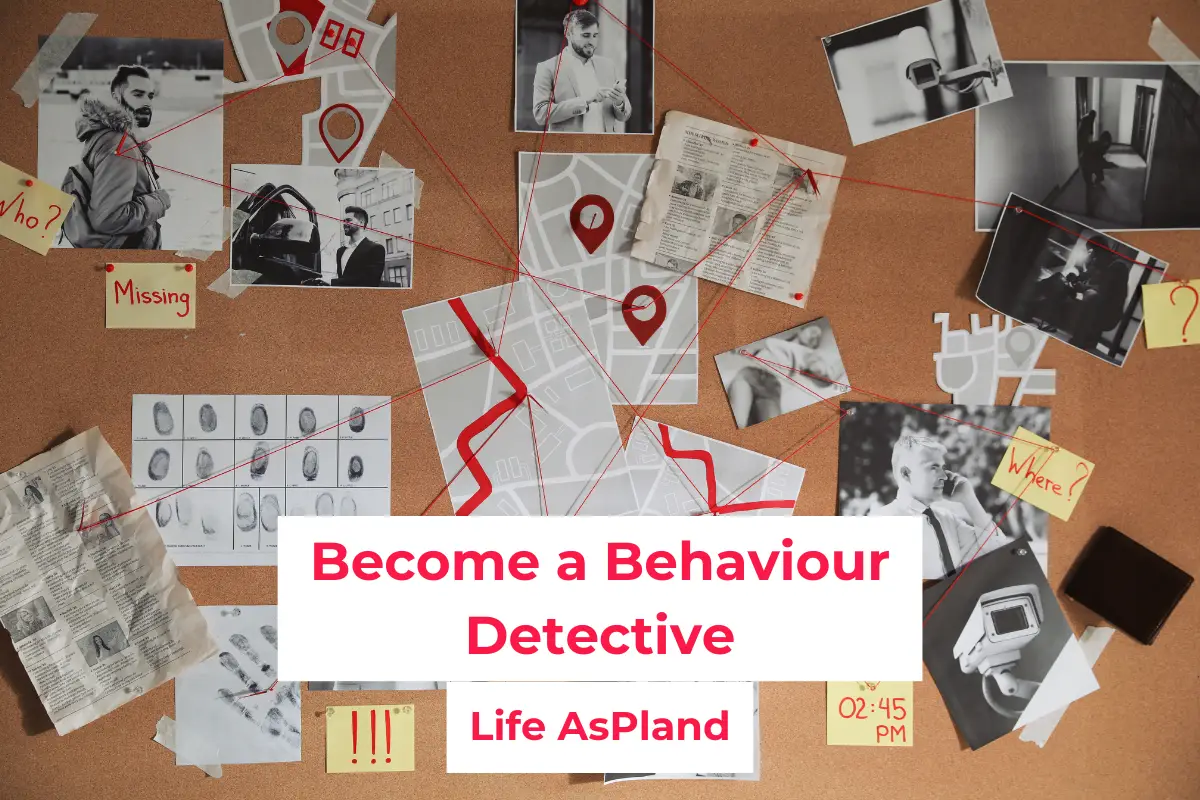I don’t know about you but we are the house of games consoles. You name it, we have it. The staff in our local Game shop know us by name, know what we like and ask if we’ve been ill or on holiday if we don’t pop in once a week.
Most of the games, I will be honest, I could take or leave. The positive side for me is that as hubby plays his latest Grand Theft Auto or Assassins Creed, I can happily scroll through Pinterest without guilt and when I need to make a call during the school holidays, the children can be bribed with time on their play console and chocolate!
However, last year we purchased Animal Crossing New Leaf for my daughter. This has become such a firm favourite we now have three copies of the game. My eldest son has one, my daughter has one and yes, I have one too.
Why do we love it?
My eldest son has autism. He finds the rules of social interaction challenging, to say the least. Animal Crossing is helping us hugely with social interaction, finance, responsibility, dressing, thinking about other people and shopping.
Quick Overview:
In Animal Crossing: New Leaf, your job is to create a town for your citizens. You arrive in the town as Mayor (wouldn’t that be great in real life?) and you have to keep your citizens happy for the town to survive. Your citizens are all animal characters, each unique and with their own quirks.

How do you keep citizens happy?
- Chat to each citizen every day
- If you ignore them, they move away
- Find items they request
- Visit their homes
- Arrange projects for items they want building in the town
- This involves making enough money to pay for the projects (more on money later)
- Keep the town free of weeds
- Spend money in the local shops
- This helps the local economy, shops are able to expand and new shops open as the town grows
- Dig up fossils for the local museum
- Visit the local tropical island
- Help sailors who fall asleep in your town
- Find lost items and return them to the right citizen
How do you make money?
- You shake trees for coins
- You hit rocks to gain coins or gems
- You can also do the following, then sell the items at the Re-Tail shop
- shake trees to remove fruit
- catch fish
- catch bugs
- go sea-diving
- visit the local tropical island to get rare fish, fruit and bugs
How does it help us as a tool?
Social Interaction:
Getting K to interact at home can involve lots of “yes/no” answers but he takes his Mayor role very seriously so he ensures he chats daily with his citizens. He is even able to tell me who his favourite citizen is and why. He will work all day to ensure that he finds an item they want. This is where we come in. You can connect via bluetooth and visit other peoples towns. Although we have the same game, our towns are different so sometimes we have items in our town he needs. He will come over and ask if he can visit your town and explain why. Or he will ask if we have a certain item in our shop. K is very happy to visit my town or for us to visit his. He likes to chat about his citizens or projects and enjoys interacting with us as we run through the town together.
The town changes with the seasons so it snows in winter, leaves fall in Autumn, it’s warm in Summer and more plants grow in Spring. There are also monthly events such as fishing challenges and at the moment, we’re currently all preparing for Halloween. His town may sell a skeleton top but my town will have the skeleton trousers so we hop in and out of each other’s towns.
I love watching him chat to his citizens or initiate chats with us about his village.
Finance:
K is starting to understand that he has to work to earn money (shaking trees, hitting rocks, fishing, etc) and that if he wants a bigger selection in a shop he has to spend more in there for it to expand.
He is starting to appreciate that some things have a higher value than others. He knows that a piece of fruit will not get him the same amount of money as say a Shark, for example.
He knows that if he wants a project to complete, he has to pay for it. He can’t start a new project until the current project is complete. Extensions to his home in Animal Crossing can only start once his “mortgage/loan” is paid off and each extension costs money.
Responsibility:
Keeping the town tidy, free from weeds and waters flowered keeps the citizens happy. So K is starting to appreciate that a) he has a job to do but more importantly b) he sometimes has to do something he doesn’t like to ensure other people are happy.
K understands that he can sell any fossils he digs up but it is better if he initially offers to donate them to the museum so they can use them in exhibitions. Once items are on display, you can sell duplicate fossils.
Dressing:
In Animal Crossing: New Leaf, there are a number of ways to get different items of clothing. You can buy them or your citizens can give them to you as a thank you for something. K is constantly asking if a certain T shirt will go with some shorts, or will a certain hat go well with a certain colour top, will some socks go well with some shoes, can he wear shoes without socks, etc. We have used this to chat about whether certain clothes will be too hot/too cold for different weather. So he knows now that in Autumn, a short sleeved t shirt is not enough, he needs a jacket.
This aspect has probably been the most amusing but also really helpful. We are starting to occasionally see him choose appropriate clothing at home.
Finally….
When we are trying to explain certain things to K, it has been so useful to be able to relate it to this game. I am quite sure that when the game was produced, the goal was not to create a game which helped children with ASD but it has worked well for us. We play it daily and my husband has even considered buying himself a copy of the game so he can join in with our daily chats.
Which games have you used as a tool? As Christmas is coming, let me know if you have any suggestions or ideas.
* This post contains affiliate links. In plain English, this means that I may receive a small commission (at no cost to you) if you subscribe or purchase something through the links provided. You will never see me post a link to a product or service that I don’t personally love.
Sign up to get updates from my blog directly into your inbox.
[mc4wp_form]






